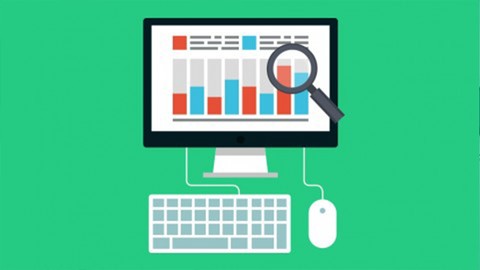Last month, former presidential hopeful Andrew Yang introduced a new initiative known as the Knowledge Dividend Venture that would force social media companies to compensate end users for the use of their info. As Yang advised the Verge, “That 1st working day that people today get compensated their dividend via DDP for All is going to be this sort of a good working day.” But the next working day, as system end users and advertisers regulate to the new costs, is positive to be a mess.
Yang is not the only just one calling for social media end users to share in system revenues. In 2019, California governor Gavin Newsom also known as for building a digital dividend. “California’s consumers should also be ready to share in the wealth that is made from their info,” he mentioned. Two many years before, in 2017, the Minnesota Condition Legislature launched a bill that would force telecom and world wide web company providers to shell out consumers for making use of their facts obtained from the world wide web. The Senate Banking Committee has also toyed with techniques that would force companies to shell out system end users. These efforts are positive to fail for three motives.
WIRED Feeling
ABOUT
Will Rinehart (@WillRinehart) is a senior research fellow for the Middle for Growth and Opportunity and Utah Condition College. (The Middle for Growth and Opportunity gets contributions for common operational aid from a range of businesses, together with Fb.)
First, Yang vastly underestimates the problems in valuing info. DDP aims to make off the successes of the Shopper Privacy Act to create a digital dividend. (The CCPA went into effect July one and provides Californians baseline privateness protections.) But the condition of California has previously manufactured procedures all around this regulation. It lists seven achievable procedures to determine the benefit of info as well as a catchall for “any other simple and reputable strategy of calculation.” Just about every strategy yields greatly distinct valuations in observe, just one of them would selling price accounts at $a hundred and forty, a further at fractions of a cent. Providers would instantly decide on into the lowest price solution, defeating the purpose of a dividend payment.
Second, it is clear that Yang’s digital dividend, which he says would be “something like $twenty, $fifty, or $a hundred,” is considerably far too steep. Just after subtracting company costs, the regular Fb consumer only nets about $seven in income. Forcing Fb to send out checks of $twenty every yr to its US end users would evaporate about a quarter of the world base line and rearrange the entire company. Fb would have to make deep cuts throughout the company, together with the previously beleaguered written content moderation and buyer company teams.
Third and most importantly, Yang desires to force Fb and other firms to come to be funds payment company versions, which would be a loss of life sentence. The plan has been tried using innumerable times with no results. In the late nineteen nineties, the shell out-to-surf company design appeared to be the subsequent thing, but AllAdvantage and its friends had been rightly swept away following the dotcom crash pressured sobriety on everyone’s base line. Companies like Handshake and Datacoup have tried using the design in current many years, and they far too have faltered. Although the plan has acolytes, no entrepreneur has manufactured it efficiently do the job.
Part of the issue rests in the language of “free” and “value.” Although expert services like Fb may well not contain funds, end users freely give up their time to look through the company. Tallying up all of the wage time expended on the system suggests that US consumers previously see just about $one trillion in benefit each yr in making use of the web site.
Yang desires to change the benefit proposition and assure these companies “will no longer be ready to get away with hoarding the gains manufactured off your info.” But consumers have previously carried out that by logging off totally or shelling out considerably less time on the web site. Since the Cambridge Analytica story broke, about fifteen million people today have left Fb, and all those that have stayed on expend 4 fewer minutes for each working day on the web site. In other words and phrases, consumers have taken back just about $200 billion of their time.
Digital dividends appear to be clever at 1st, but come to be considerably considerably less desirable when wondering via implementation. Changing the implicit profit of an on the net expertise into an explicit funds payment is a difficult design to maintain in the true earth. In the close, foisting a digital dividend is positive to generate magnificent failures of profitable companies.
WIRED Feeling publishes content by outside the house contributors symbolizing a vast array of viewpoints. Study more views listed here. Post an op-ed at [email protected].
Extra Excellent WIRED Tales




